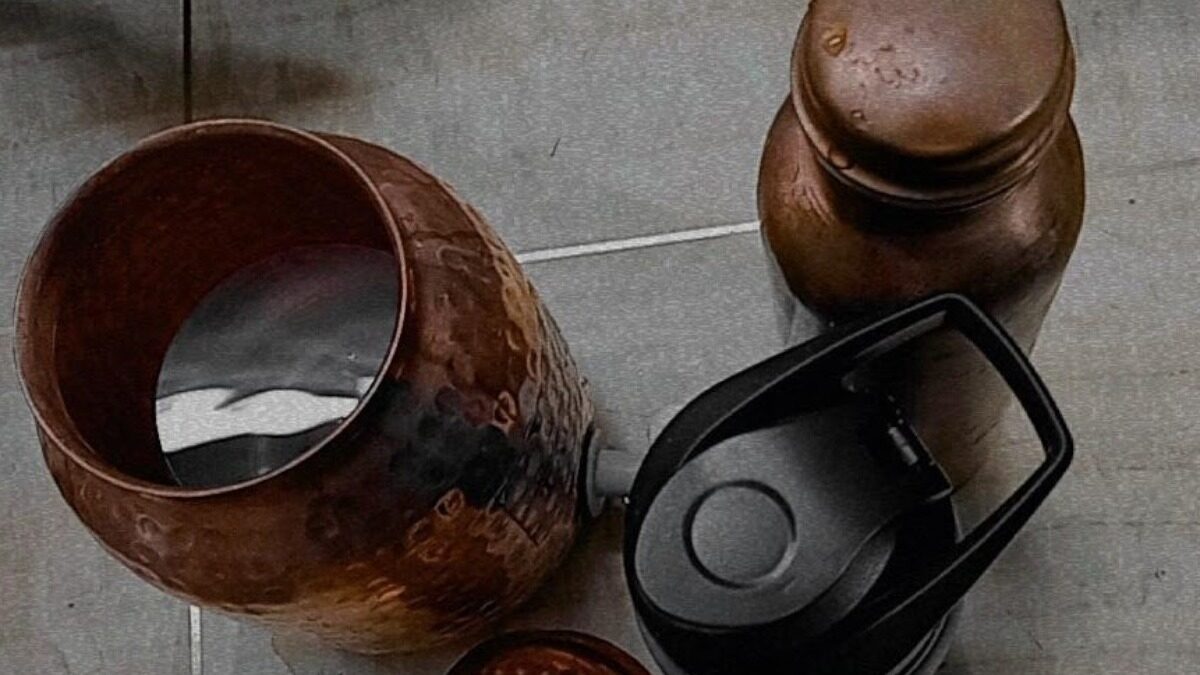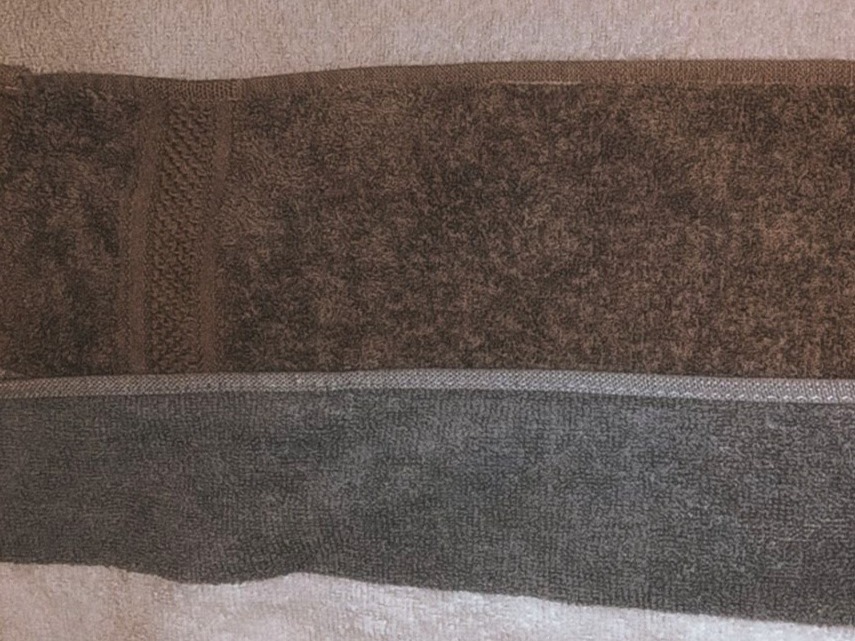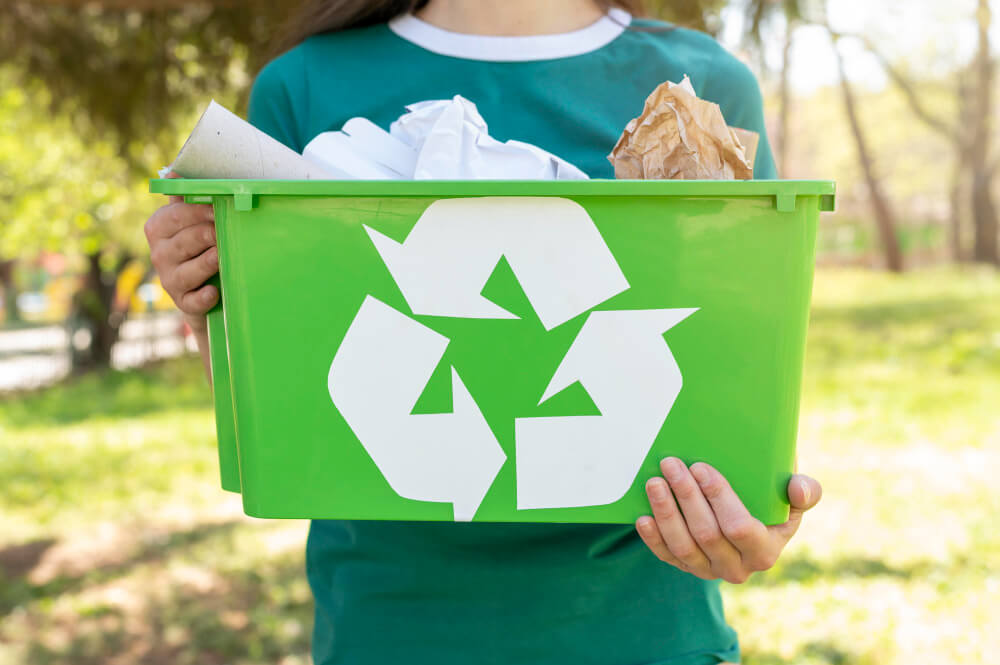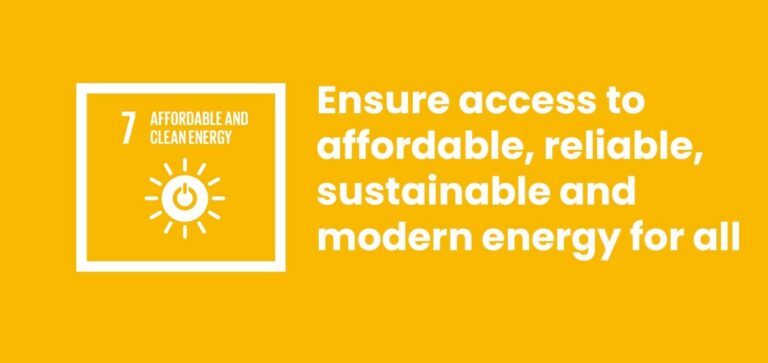By Nikitha Bommakanti
Imagine 30 years ahead from now, your granddaughters and grandsons playing with discarded rotten plastic waste scattered on the streets. Fresh air, nature confined to their history books. I am pretty sure you would not want your kids and their kids to live in such a haphazard environment. But unfortunately, I am here blatantly telling you, we all in this present time are to be accused of the endurances faced by future generations. The concept of sustainable development emerged with this concern. Many organizations like the United Nations have highlighted the importance of Sustainable Development.
In this article, I am going to explain the drastic effect of single-use plastic on the environment, along with listing a few alternatives to it. I will share quick hacks we can effortlessly adopt in protecting the environment. When we come across terms like “conserving,” immediately we think it’s about planting more saplings, taking part in rallies rooting for the cause. A simple change in our lifestyle can thrive in ensuring our future generations aren’t compromised by the blessings of nature. Forget about the succeeding generation. If we continue at the same pace as we are now, chances are the ecosystem would soon vandalize.
Before getting started, let’s understand what sustainable development means: Sustainable Development is the development of the present by acquiring natural resources without compromising the ability of future generations from, meeting their needs. Any decision you are making right now influences how the upcoming era is going to lead their lives.
Reality check
The environment is deteriorating; the oceans are choking with plastic; they fill the landfills with plastic dumps. All these massive impacts are because of our simple choices. For every person who is nesciently relying on single-use plastic, even when they can avoid it, aquatic life is at threat. Wondering how?
As per IUCN, 8 million tons of plastic end up in our oceans. This entire waste majorly comprises water bottles, straws, and covers.
Plastic is non-biodegradable which doesn’t decompose, causing the slow and fatal death of our planet. Fishes, turtles, and other aquatic animals feed on this plastic waste in oceans by confusing the plastic with their food.
- Water bottles break down into microplastics in the ocean, finding their way into the bodies of aquatic animals.
- Single-use plastic bottles dumped into landfills don’t decompose. The chemicals react with rainwater releasing toxic chemicals that seep into groundwater, finding a way to rivers and oceans.
We have recycling centers. How are these ending up in oceans?
The lumps of plastic waste collected from households are transposed to different streams. If we contaminate the plastic covers and bottles with other waste like rotten food, then they aren’t eligible for recycling. Soon, they find their way into the landfills. The chemical reaction of the plastic, when exposed to water, produces toxic chemicals that seep into groundwater, eventually finding their way to Waterbodies. They eject the rest leftovers into oceans.
Only 9% of plastic is recycled every year.
A product can be recycled only to a certain extent, as with every recycling, the quality of plastic deteriorates, consequently making it futile.
What can you do?
First, enlighten yourself and spread awareness on the issue. You will find a number under the plastic containers. They’re called Recine Codes, which distinguish the types of plastic. These codes are an indicator of the kind of plastic and its effect on the environment. For instance, recine code 1, 2, 6 numbers are highly recyclable. The underscoring goal is to use the products for the long term without contributing to environmental issues. Bearing that point in mind, it is not recommended to use single-use plastic more than once. So, the purpose is to make switches that are safe to use for a substantial amount of time.
How is your decision to refrain from the usage of single-use plastic going to make any difference?
Considering the ubiquitous lethal effect of this environmental pollution on our lives, it’s imperative to reduce its usage.
Avoiding using single-use plastic means one less chance of the aquatic lives getting choked to death. There’s enough plastic available on this planet that can be recycled and remolded to meet our future requirements. The production of single-use plastic can be halted when its demand decreases, and that’s going to happen when you decide to act responsibly.
Be selfish. If you can’t think of the planet, at least think of yourself. The seafood consumed comprises microplastics that entire your body, which is life-threatening. Even if you are a vegetarian, think of the economy! People who rely on selling fish for livelihood will be highly affected, losing hope with each flowing plastic bottle in the sea getting stuck to their fishing tackle.
Tourism is going to be deeply impacted. You wouldn’t want to wake up to plastic bottles on the beach, nor would you be interested in marine drive only to find plastic everywhere!
Switch to eco-friendly reusable products:
1. Stop using single-use plastic bottles

Instead, carry your water bottles while traveling. Avoid purchasing water bottles at restaurants. Switch to stainless steel or aluminum bottles. Encourage your university to make the campus plastic-free. Don’t reuse plastic bottles. Educate people and encourage them to reduce the usage of plastic bottles.
The goal is to switch to a product that can be used for longer periods, provided it doesn’t harm or cause any environmental pollution.
Fact: It takes 450 years to decompose a single plastic bottle.
2. Go Strawless
Don’t let an artificial long plastic come in between the love affair of your aroused palate and enticing drink.
Prefer sipping drinks directly. Go for paper straws, bamboo straws, or steel straws. When ordering food online, opt out of cutlery. Carry your cutlery. Inform local vendors to encourage them to offer an alternative to plastic straws. Request them to give straws only when asked.
Fact: Plastic below 50 microns is banned in Hyderabad.
3. Bags

Vegetables and groceries are consumed regularly by everyone. Please carry your bags whenever you visit a store for purchasing. Most of the vegetable vendors use plastic single-use covers, taking your bag obviates the need for using those plastic covers. I have noticed certain store owners provide paper bags, which are a good switch! Reuse and stack up these bags for multiple purposes.
4. Reusable Wipes

Don’t rely on instant wipes instead, prefer cloth wipes and towels for your kids. The cloth isn’t harsh on the skin of infants. Moreover, it helps in eliminating the usage of diapers and wet wipes. One time use diapers are a menace to our planet. People are choosing convenience over durability, which is jeopardizing our survival.
5. Promote businesses that sell eco-friendly products
Starting from a toothbrush to thrifting your clothes, it can go a long way! The real question is, are you patient enough to spare a couple of minutes in the present and make reasonable changes for a safe future?
Here is a list of 15 eco-friendly products:
- Switch plastic combs with the bamboo comb.
- Change to an eco-friendly bamboo toothbrush
- Purchase reusable coffee cups
- Use biodegradable and disposable waste bags
- Shop with sustainable clothing brands
- Buy natural and organic cosmetics
- Grow plants in clay pots
- Swap to rechargeable batteries to reduce e-waste
- Turn to environmentally friendly and less energy-consuming LED bulbs.
- Add to cart eco-friendly home cleaners or DIY your own natural cleansers
- Promote products that use minimal packaging and recycled material
- The wooden cotton swabs aren’t environmentally harmful
- Reusable napkins, reusable sandwich bags, reusable mugs are reasonable substitutes
- Get healthy with biodegradable tea bags
- Protect your phones with eco-friendly phone cases
A collective approach is going to create a greater impact, but it always starts with an individual. You can’t wait for people to join your campaign/purpose for banning the use. Don’t wait. Start doing, and people will eventually follow.
You first have to become individually responsible for creating a communal transformation.




